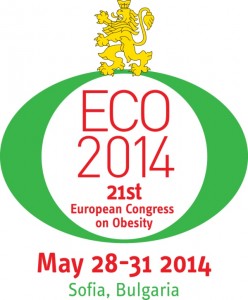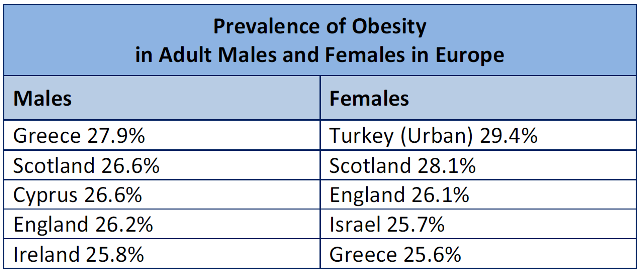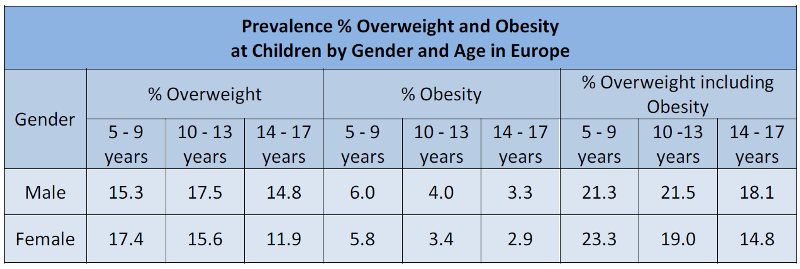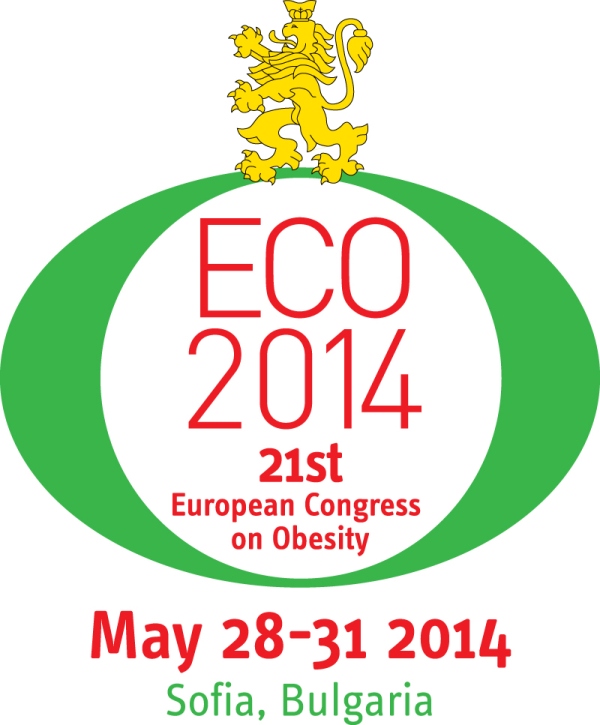 The European Congress on Obesity has been organized since 1988, when it was held in Stockholm. Nowadays, the congress is one of the most important events in this field, which gathers thousands of delegates each year.
The European Congress on Obesity has been organized since 1988, when it was held in Stockholm. Nowadays, the congress is one of the most important events in this field, which gathers thousands of delegates each year.
The 21st ECO congress is organized by the European Association for Study of Obesity (EASO) and Bulgarian Association for Study of Obesity and Related Diseases (BASORD).
In anticipation of the 21st ECO congress, we had the honour to talk to Professor Svetoslav Handjiev, the President of this year’s congress and the President of Bulgarian Association for Study of Obesity and Related Diseases (BASORD), who share with us some current topics from this year’s Congress, as well as criteria for selection of the host destination.
It is expected round 1,000 delegates from all European countries.
1. Could you tell us something more about the Congress? What do you expect from this year’s Congress and what are the main objectives?
The number of people who are obese is rising rapidly throughout the world, making obesity one of the fastest developing public health problems of our time. Indeed, the management of obesity and its related disorders is now at the forefront of Government and Public Health initiatives across Europe. There is increasing concern within the European Union and the WHO Regional Office for Europe about obesity and its co-morbidities such as Type 2 Diabetes, Hypertension, Cardiovascular Disease and Cardiometabolic Risk and Prevention.
The objectives of the ECO are to provide an annual forum for the dissemination of information about state of the art research in the field of obesity, to foster the identification of innovative preventive and treatment strategies to reduce the prevalence of obesity and its associated burden of diseases and to provide networking opportunities for experts in the field of obesity research and management.
 2. As you mentioned, obesity has become one of the fastest developing public health problems of our time. Could you tell us more about latest researches done in this field?
2. As you mentioned, obesity has become one of the fastest developing public health problems of our time. Could you tell us more about latest researches done in this field?
At the congress it will be presented the latest researches on obesity from a wide range of fields including discovery and integrative science, nutrition, behavior, activity and environment, childhood and lifelong perspectives, prevention, public health and epidemiology, clinical management and translation and obesity as a gateway to other diseases.
Researches gives evidence for the fast increase of overweight in the whole world, and data from tables in this article shows Europe. That is why we are talking for a global pandemia of obesity. This is has huge medical and social impact on our lives as it is also related with the increase frequency of Diabetes II, Arterial Hypertension, Miocardial Stroke, Cerebral Stroke and other cardio-vascular diseases.
3. Considering that ECO is the most important annual scientific event on obesity in Europe what is the expected number of delegates and from which countries?
 We expect round 1,000 delegates from all European countries and also from the other continents. I want emphasis that at the Satellyte symposium in Albena that will take place from 1st to 3rd June 2014 and which main theme is childhood obesity will have representatives from 4 continents: Europe, Asia, North America and Africa.
We expect round 1,000 delegates from all European countries and also from the other continents. I want emphasis that at the Satellyte symposium in Albena that will take place from 1st to 3rd June 2014 and which main theme is childhood obesity will have representatives from 4 continents: Europe, Asia, North America and Africa.
4. For the first time, Sofia was chosen to be the host city of Congress. What were the main reasons for choosing Sofia?
That was the decision of the General Assembly of EASO in 2011 at the Congress in Istanbul. Sofia was selected as host of ECO 2014 in the competition with Rome, Porto, Jerusalem and Barcelona. This, of course, is a big recognition for the Bulgarian medicine. In 2015 the host will be Prague and in 2016 Gothenburg. And, of course, SEE region will be still attractive.




































 Srpski
Srpski English
English